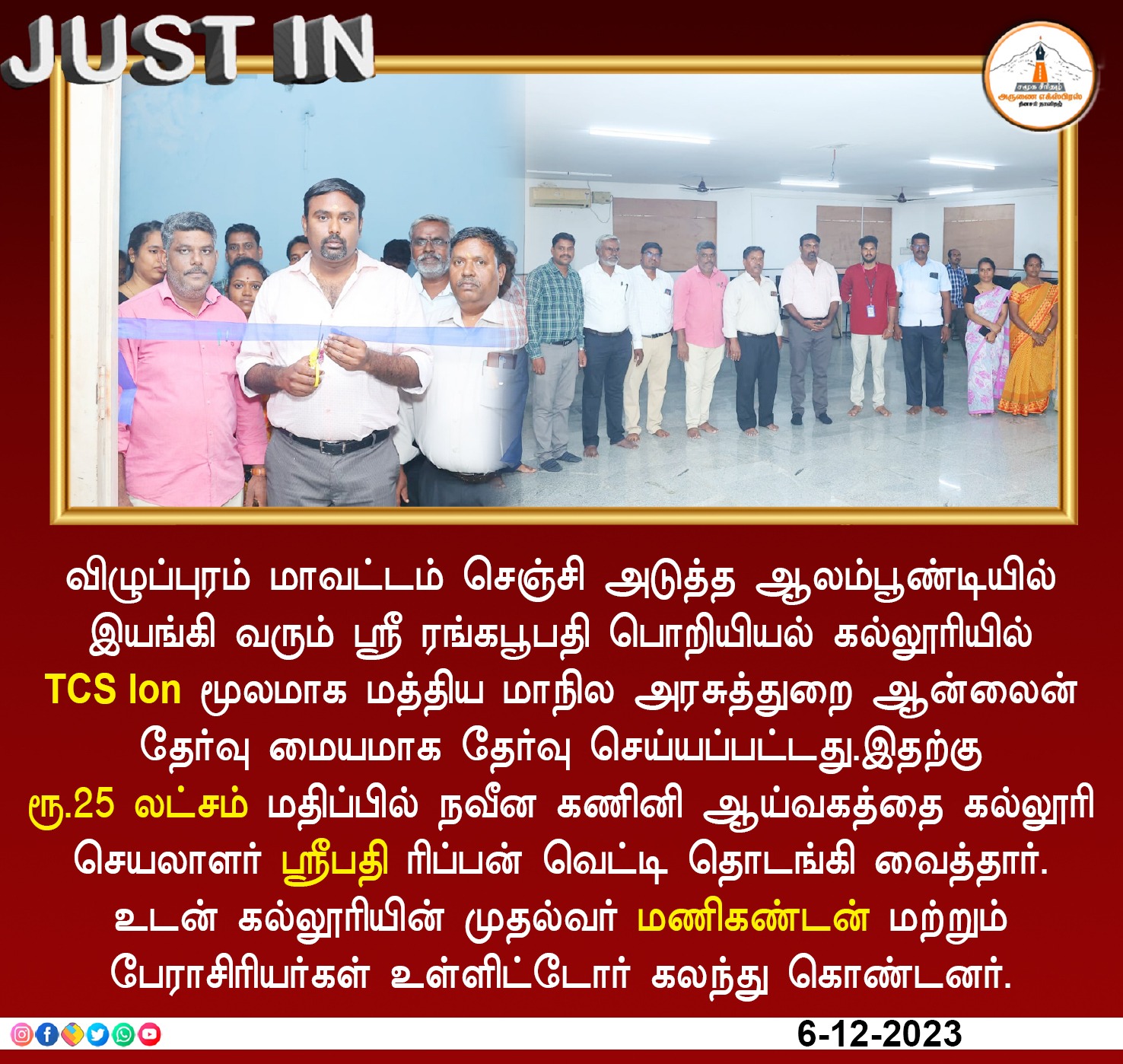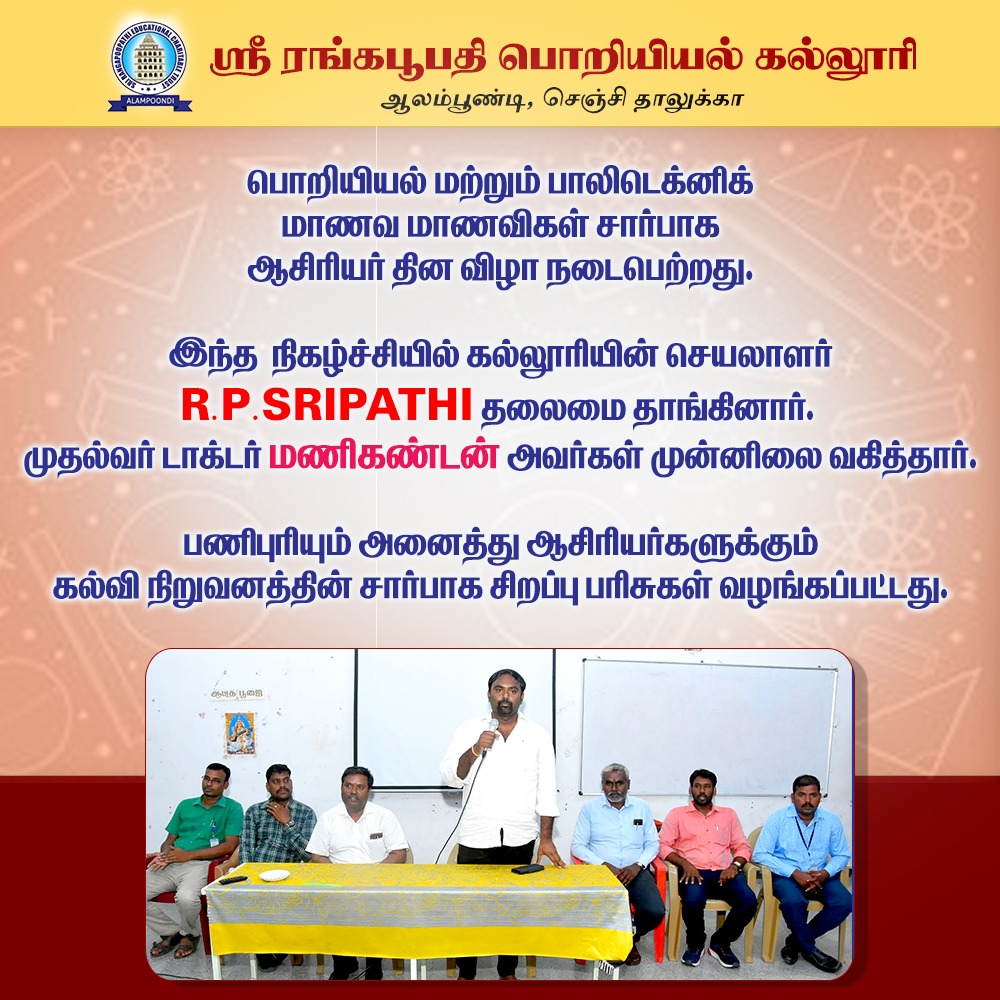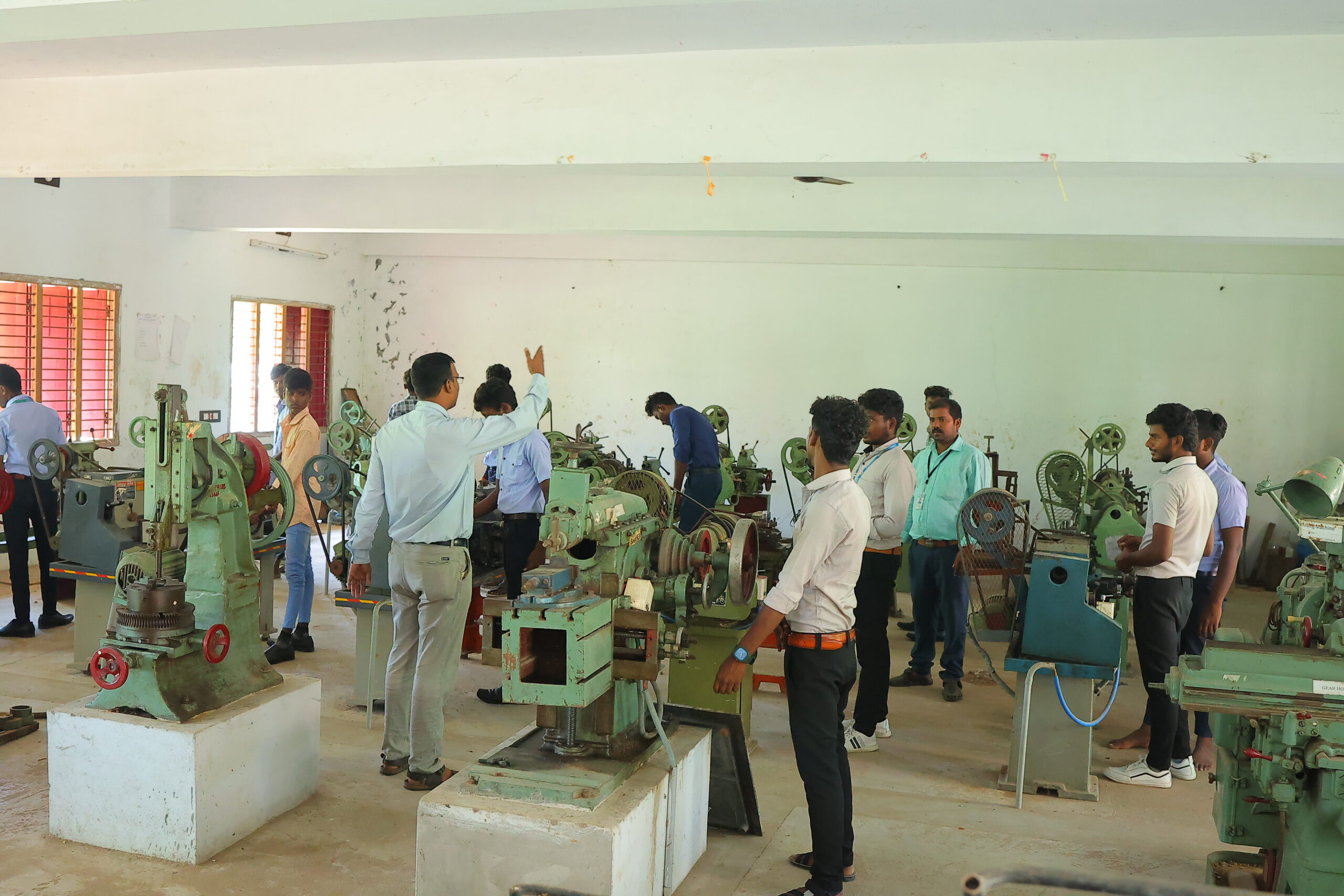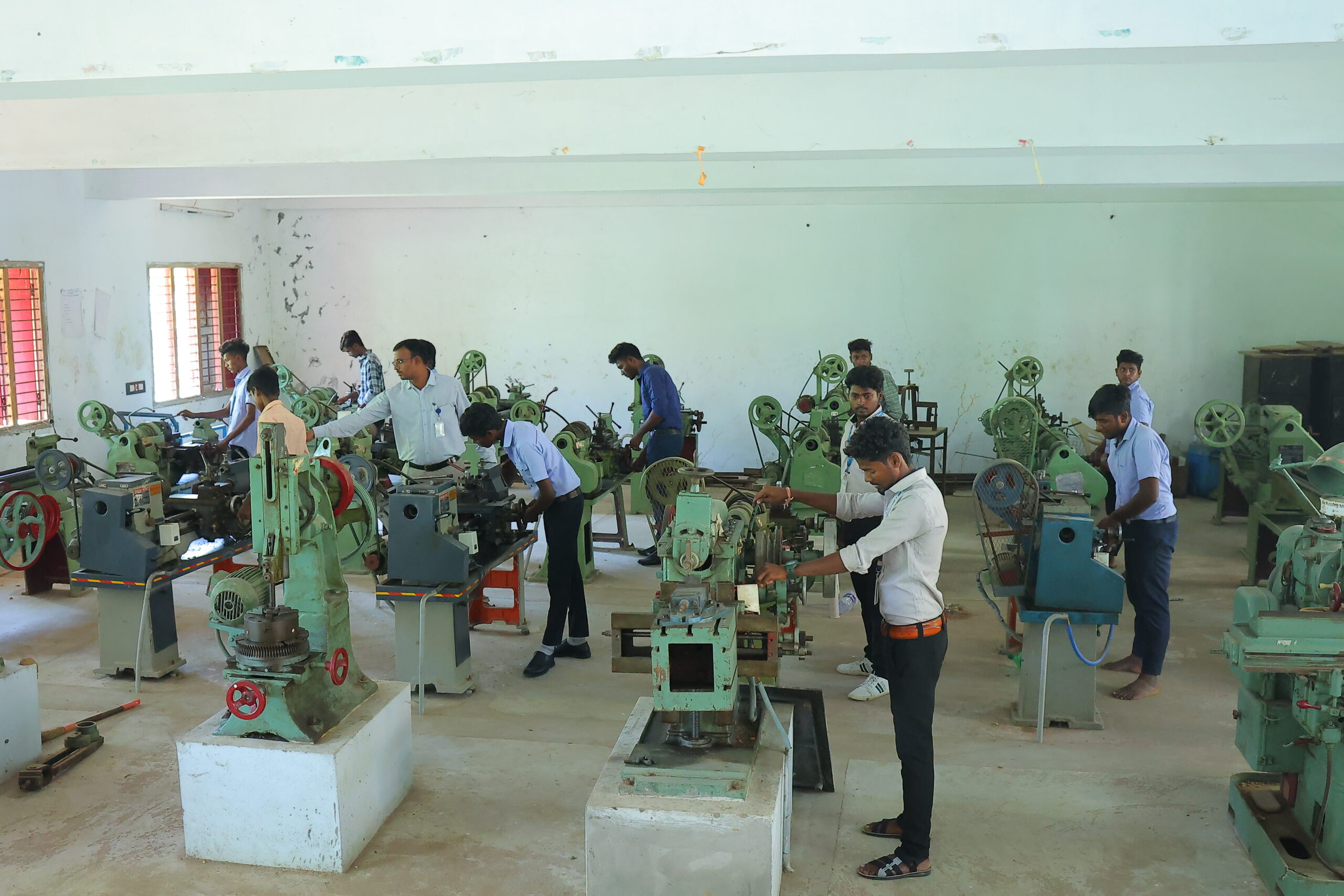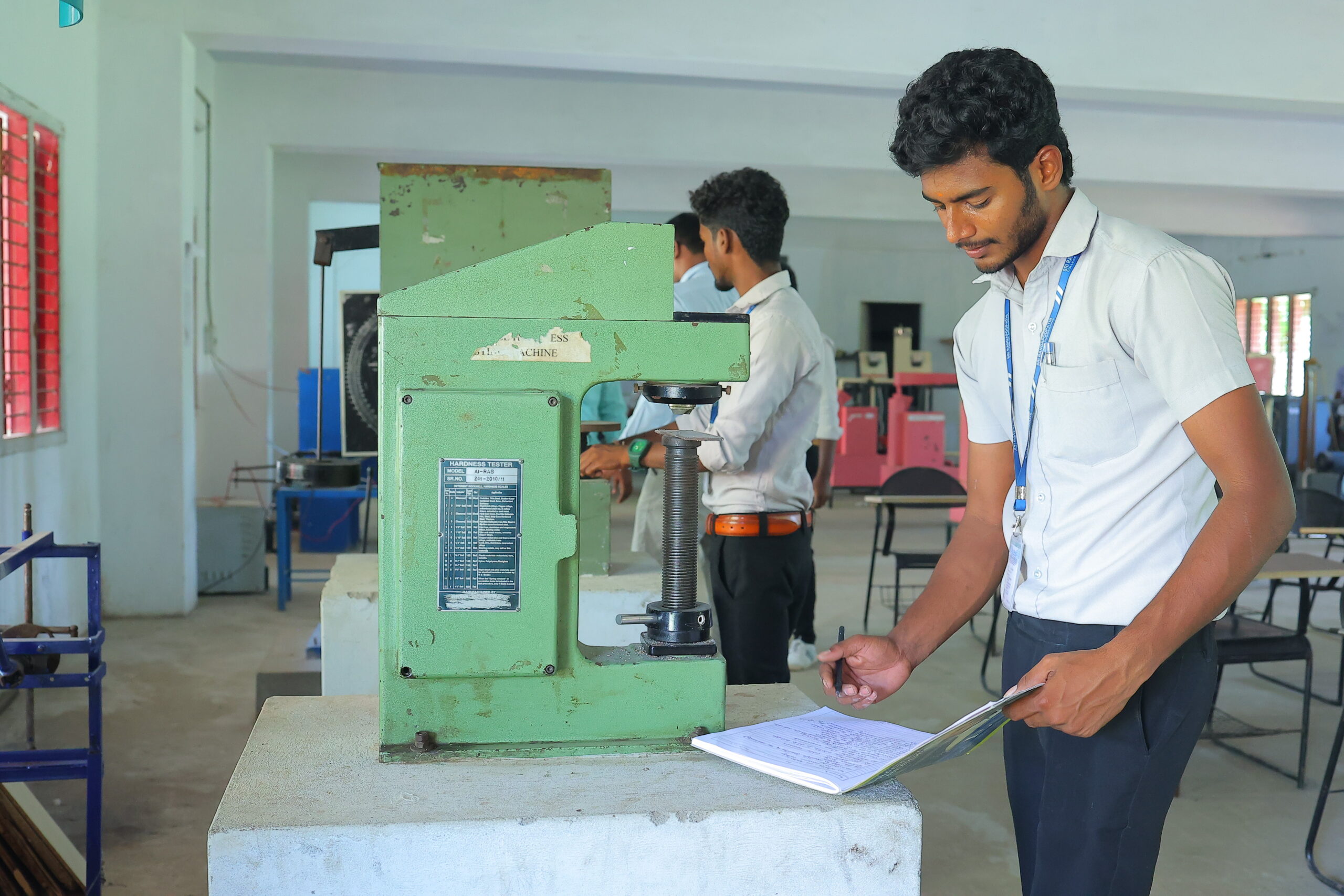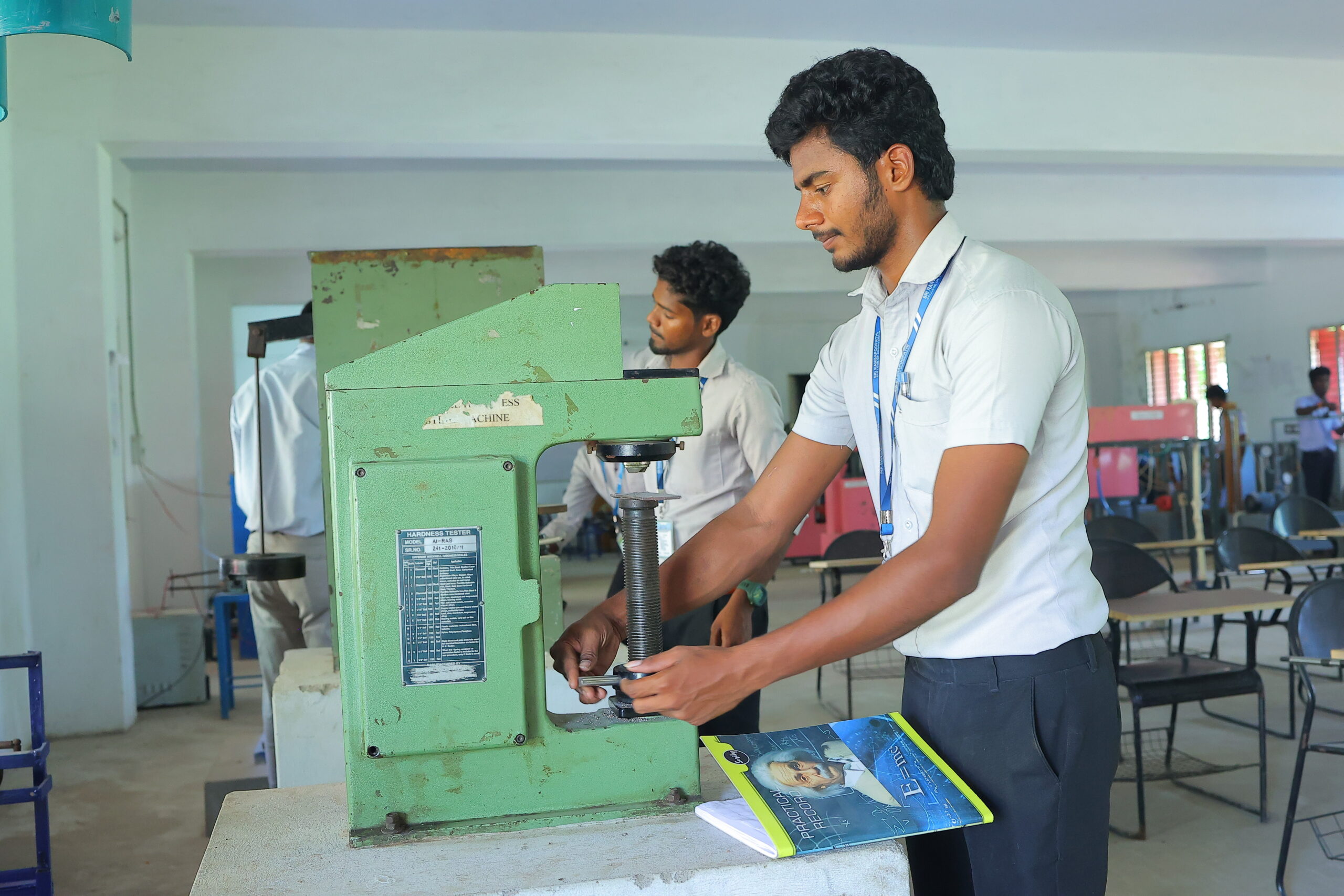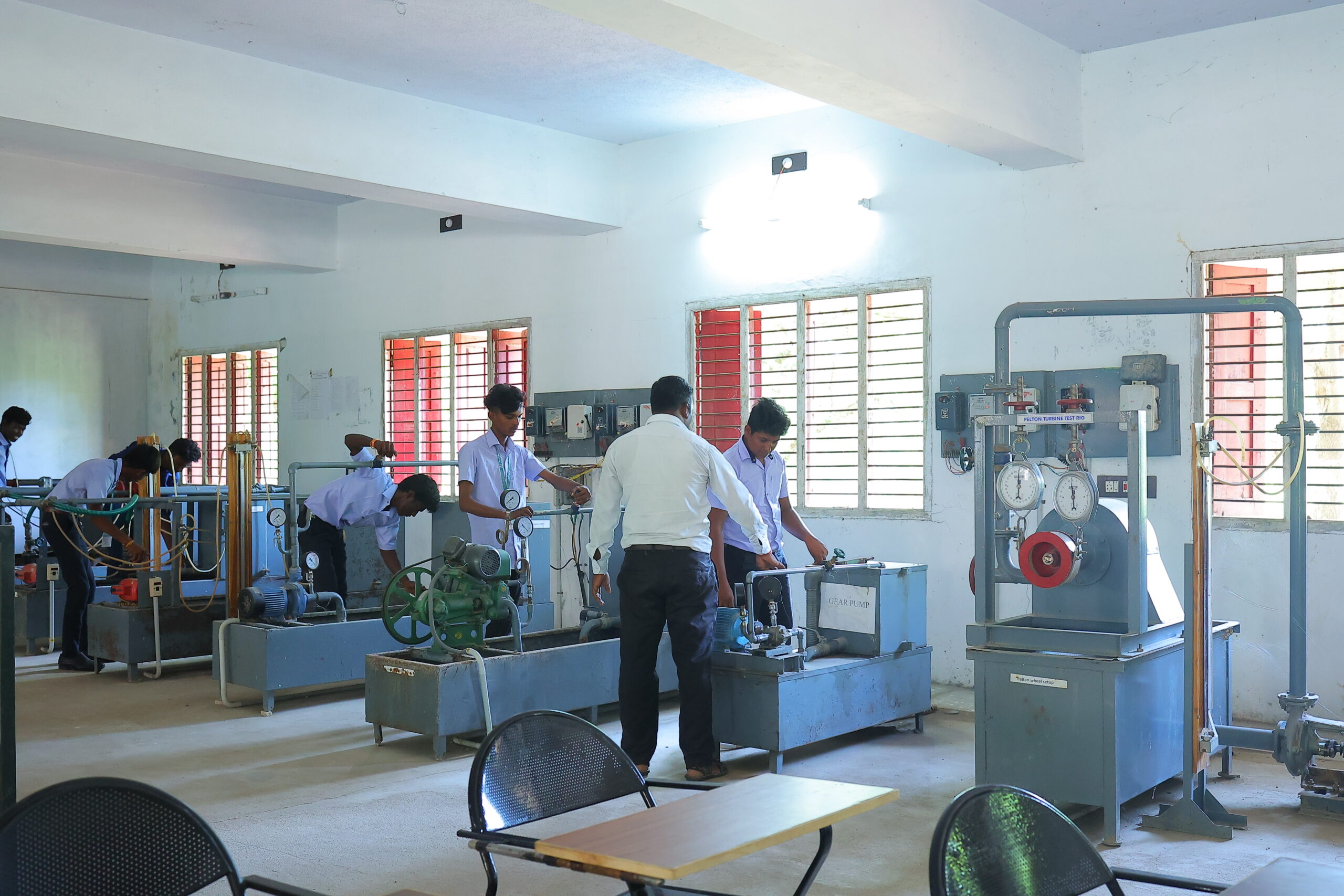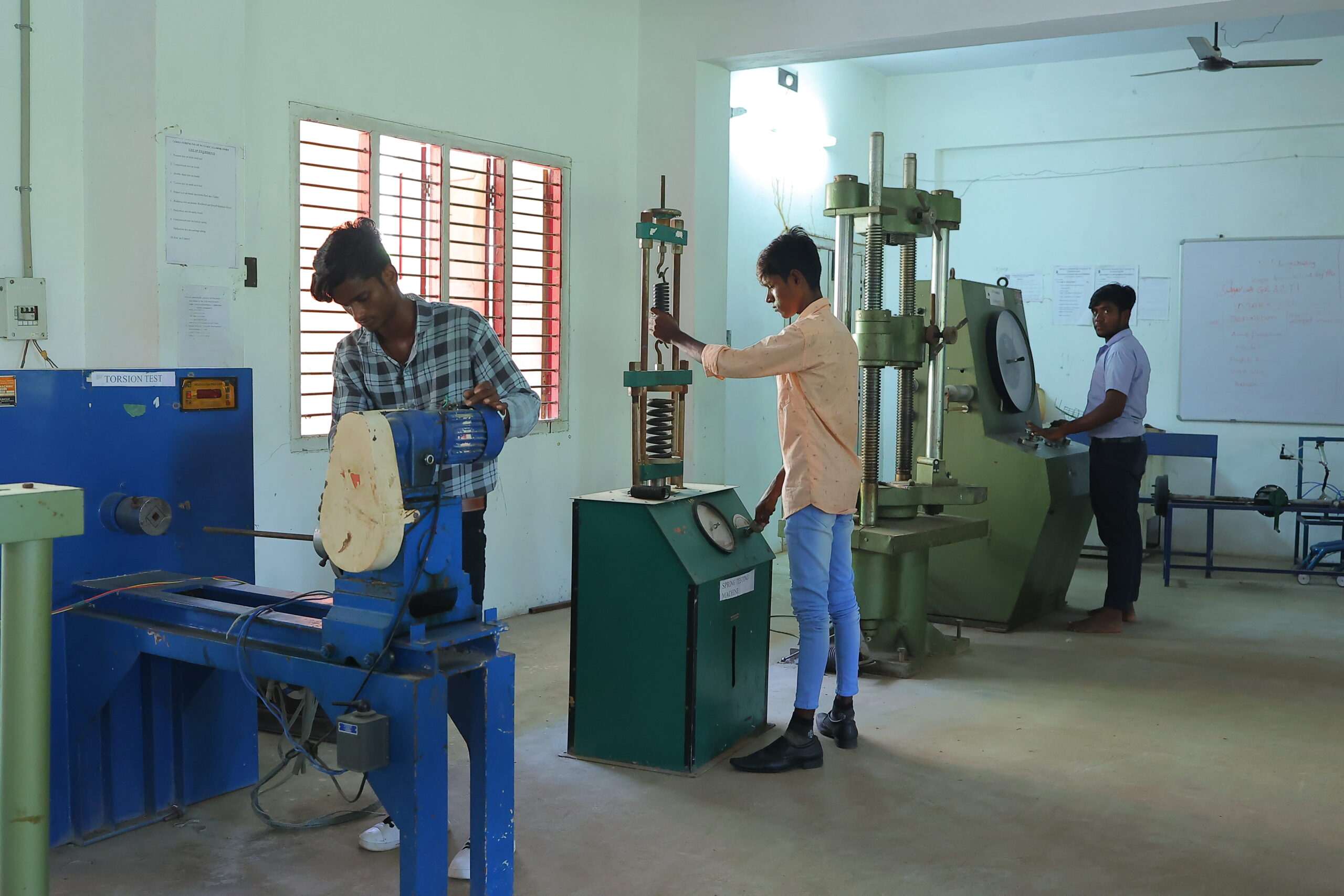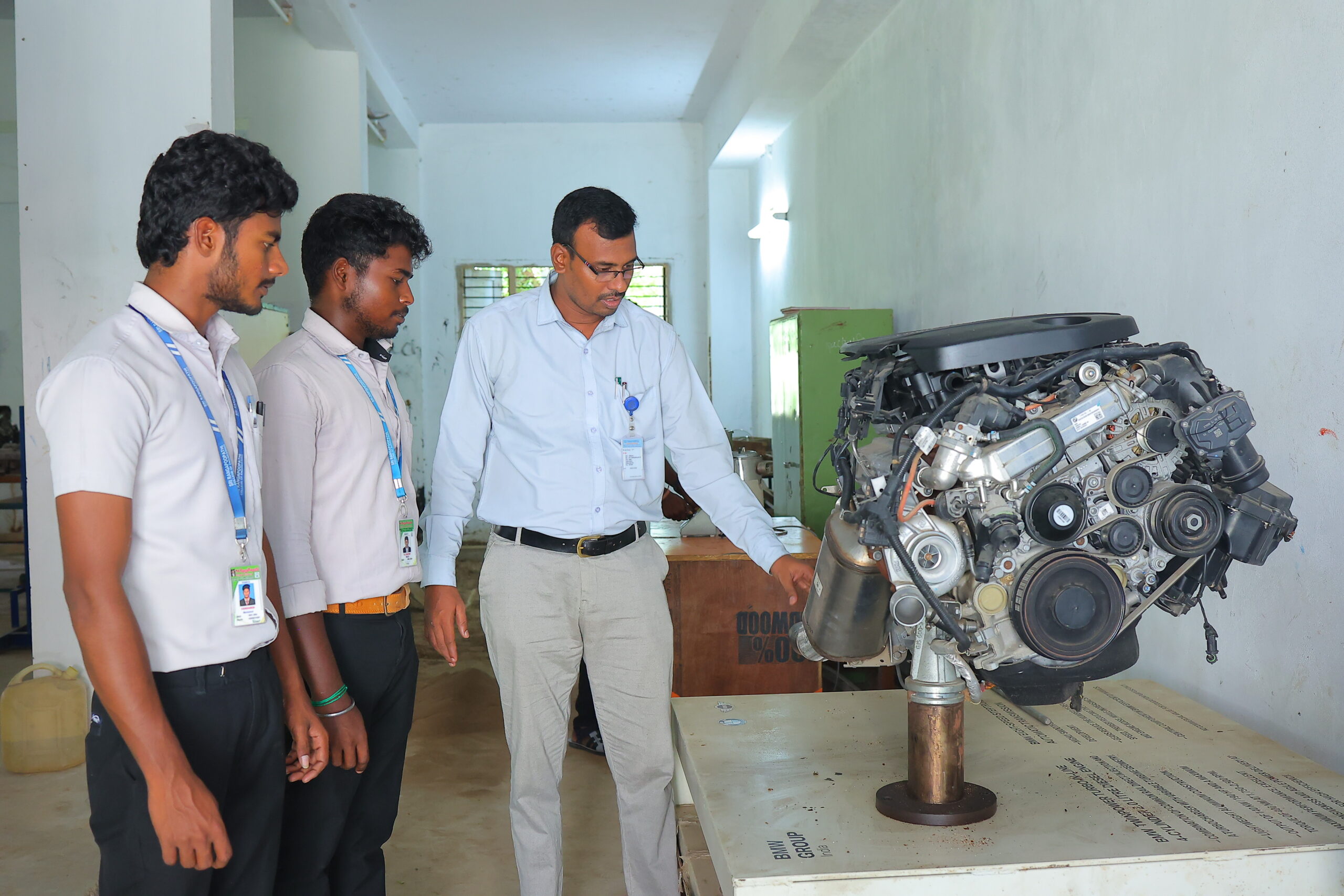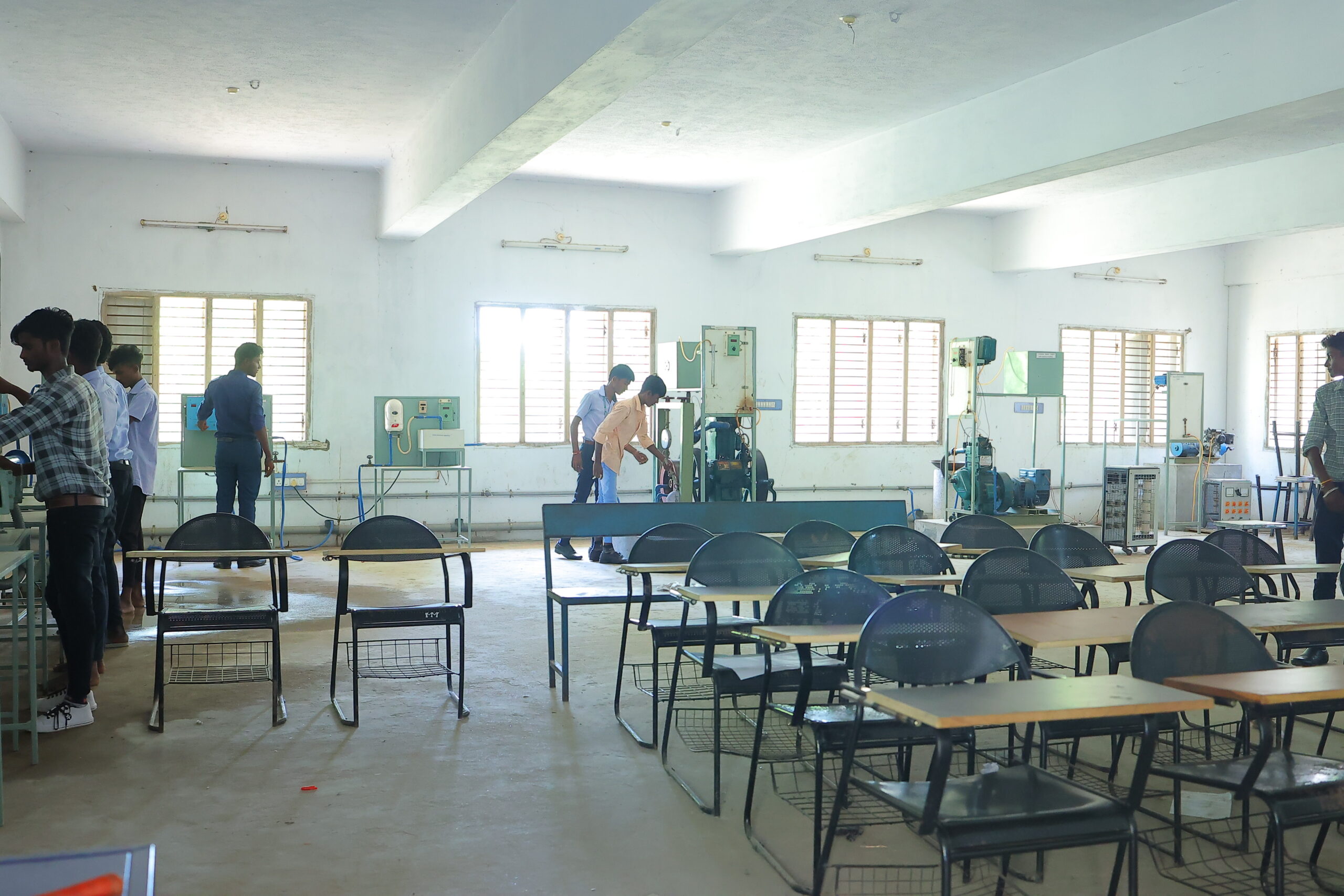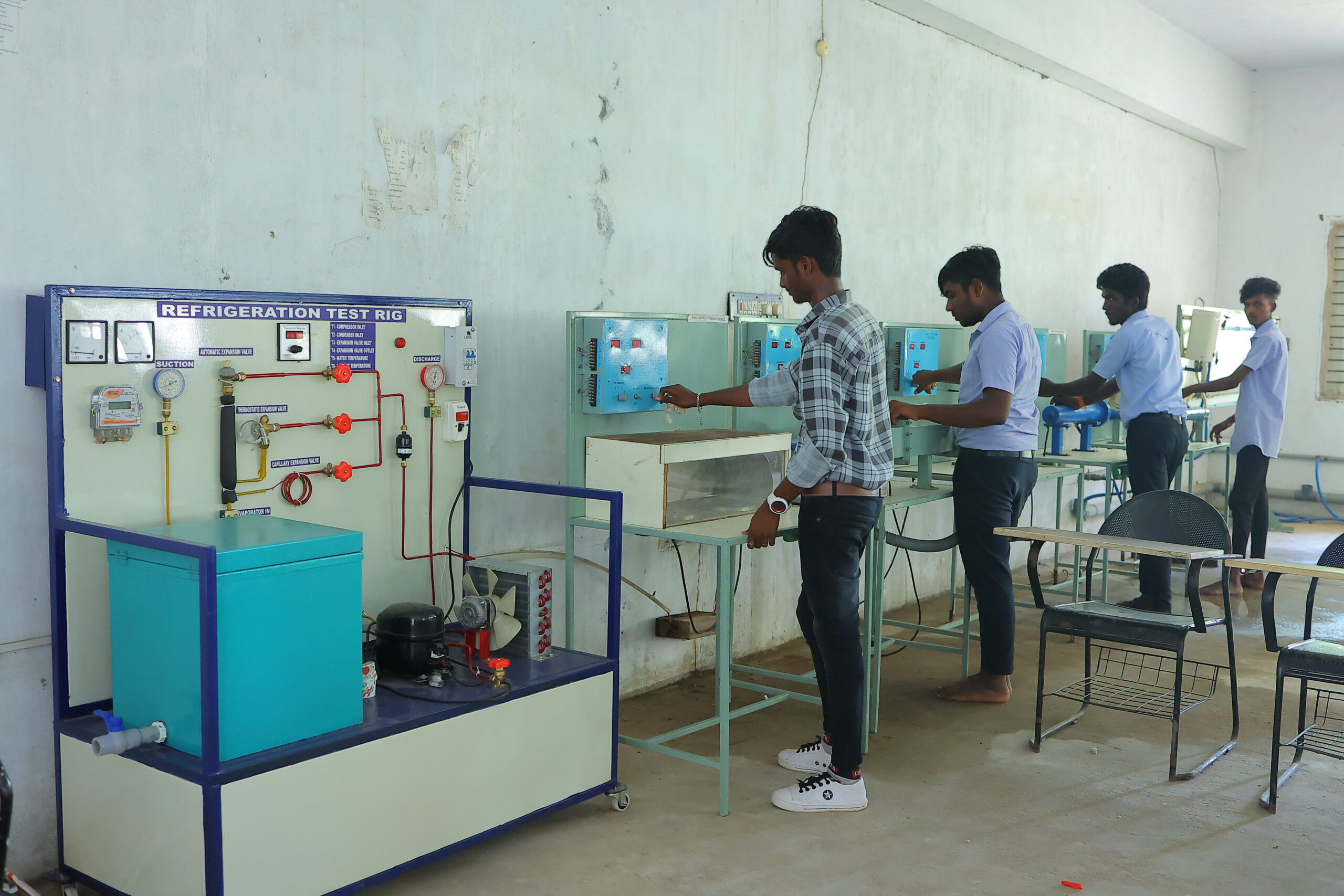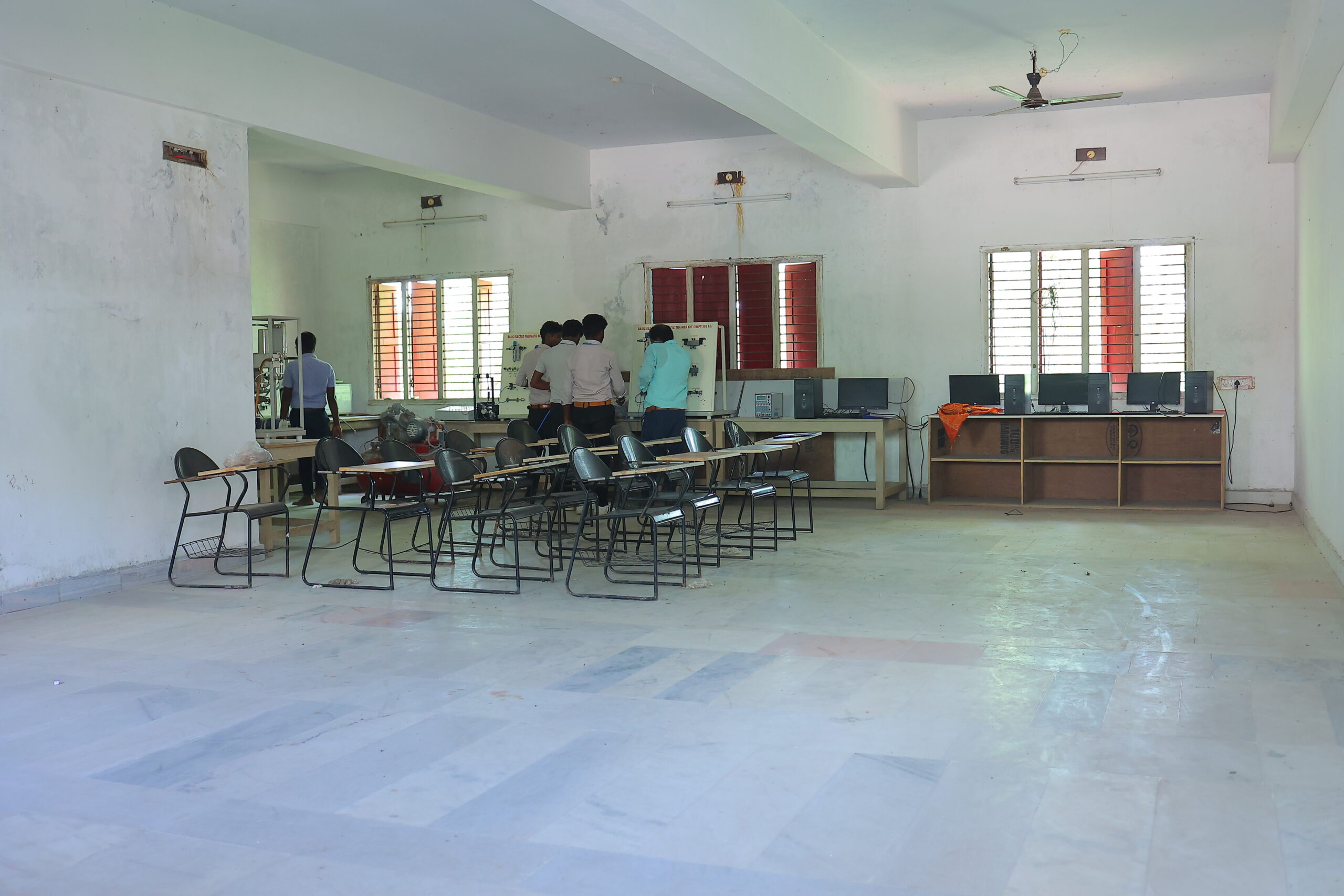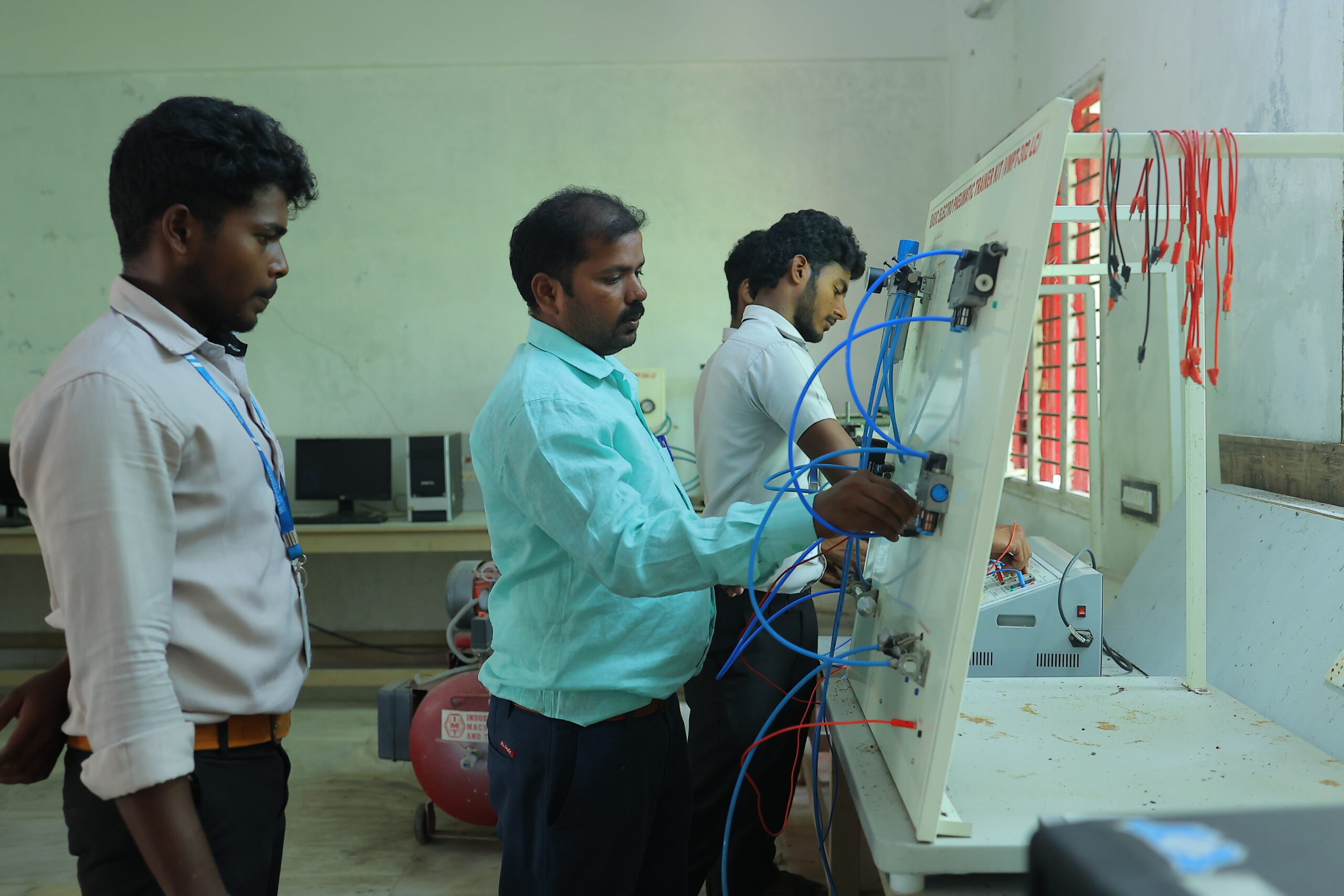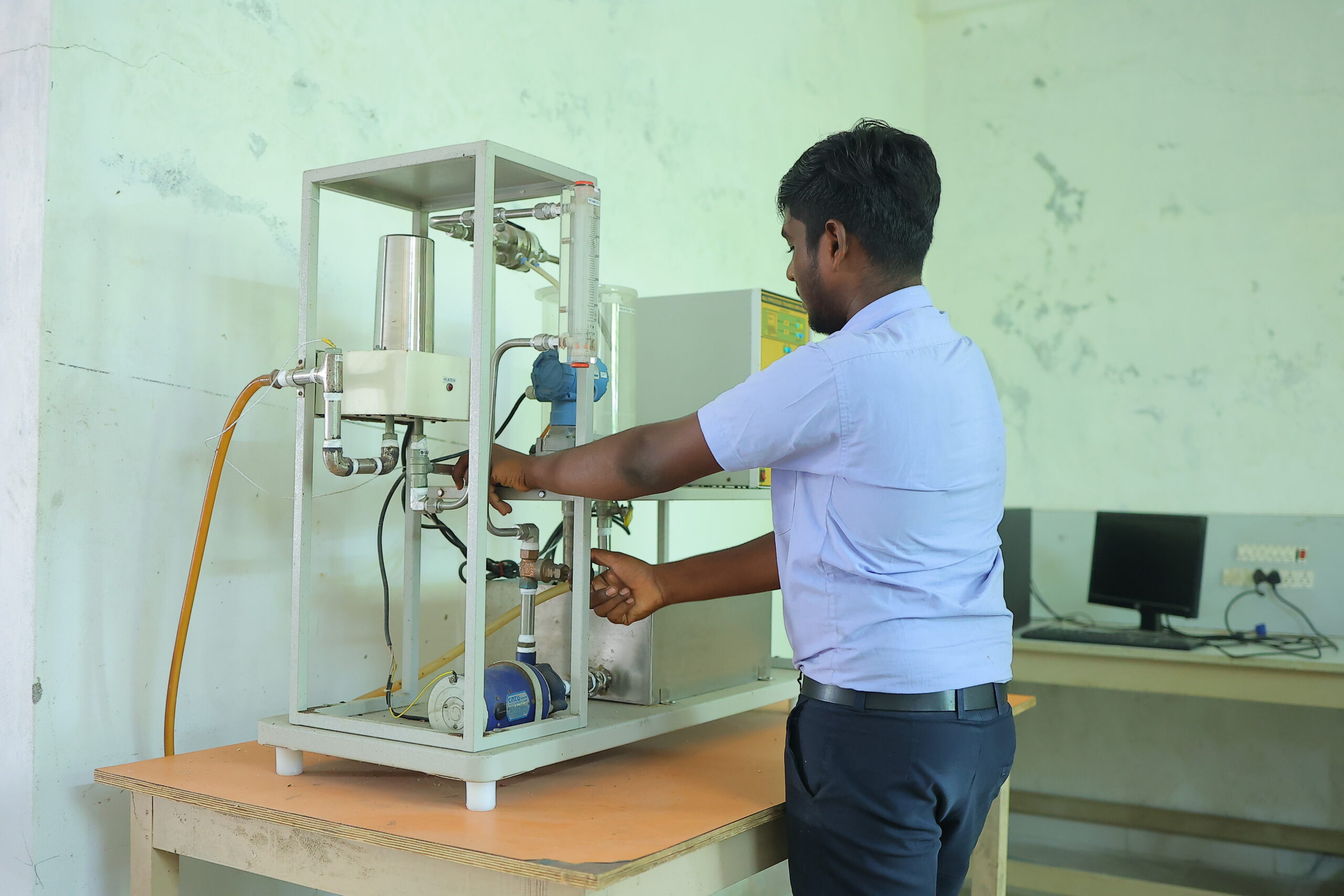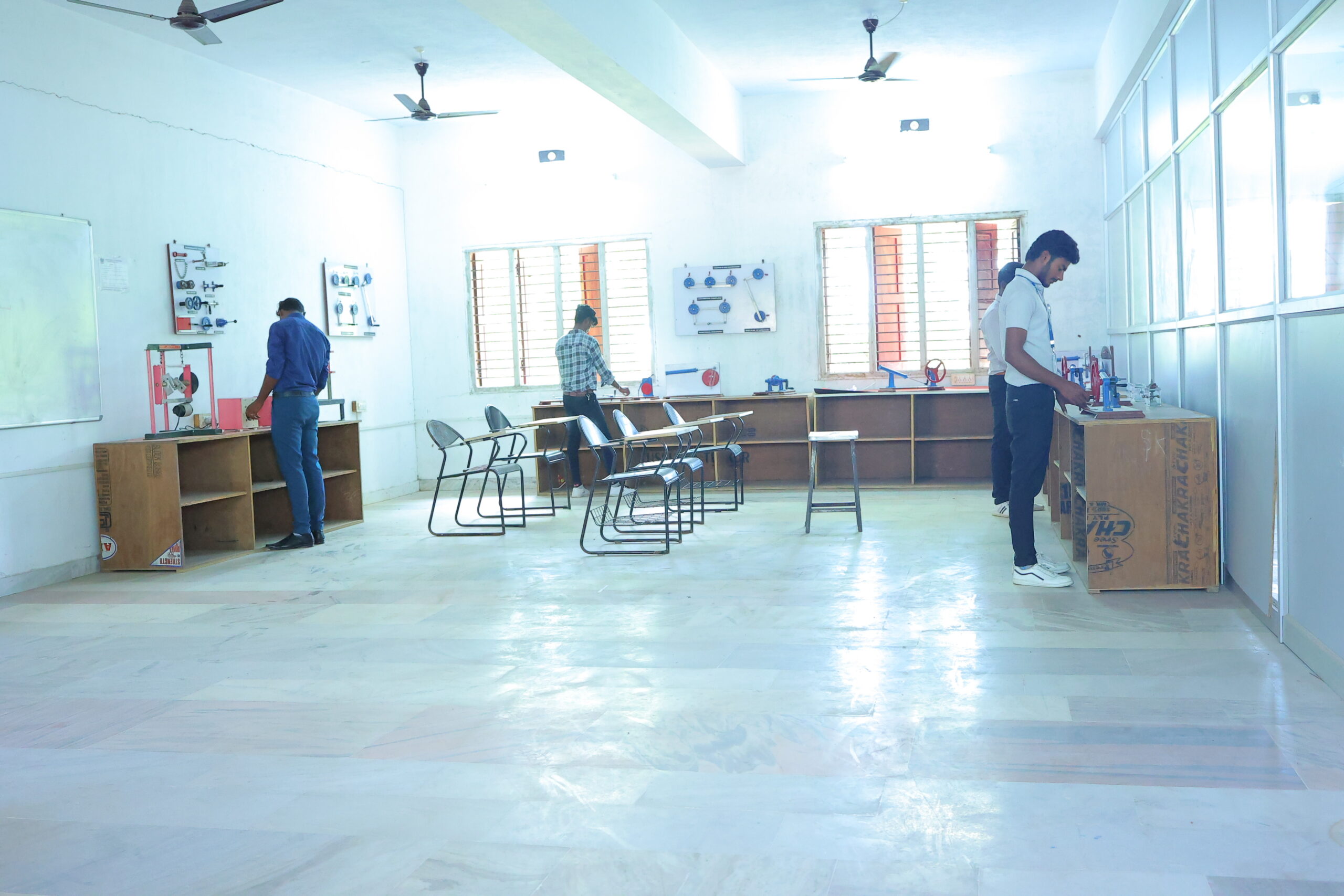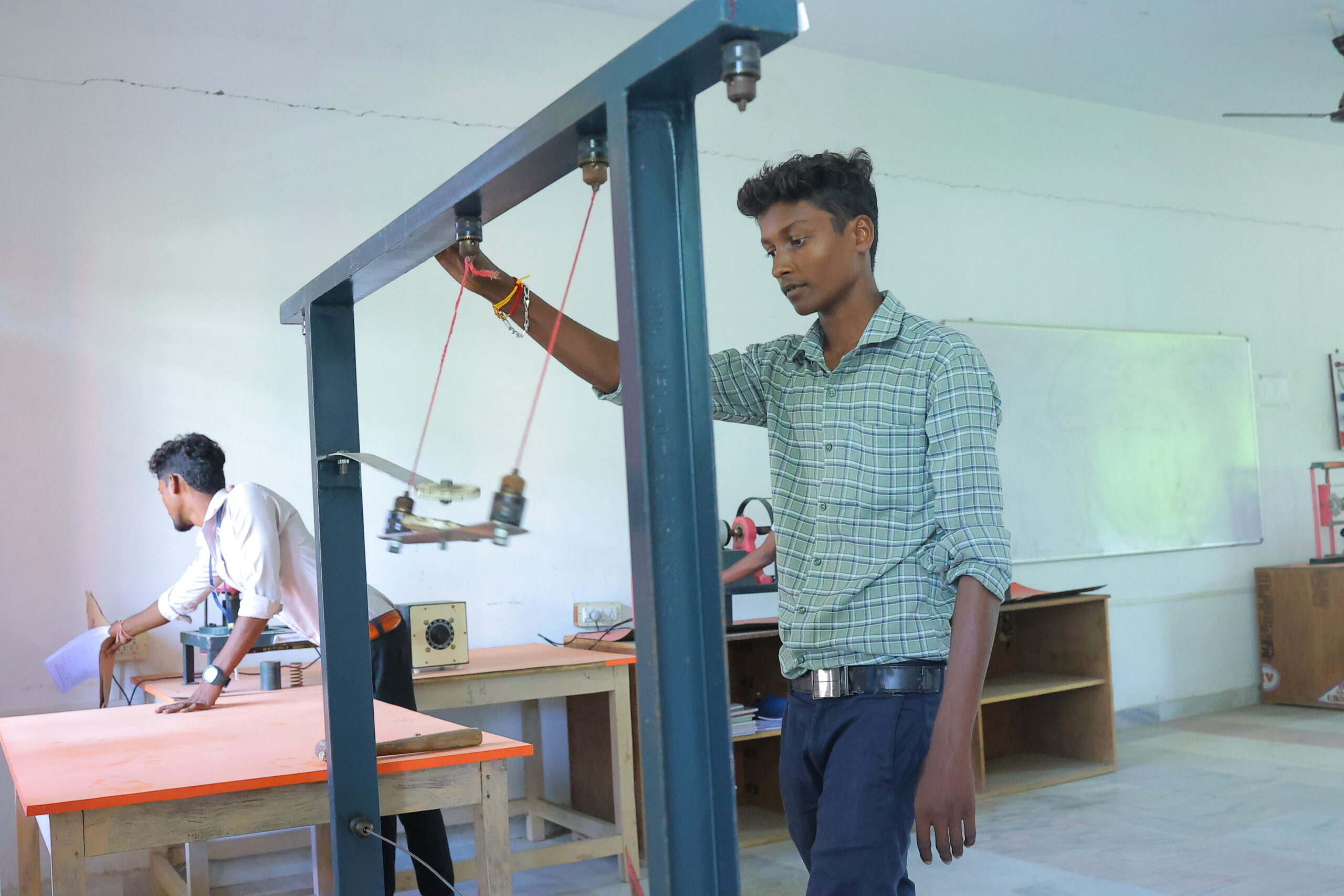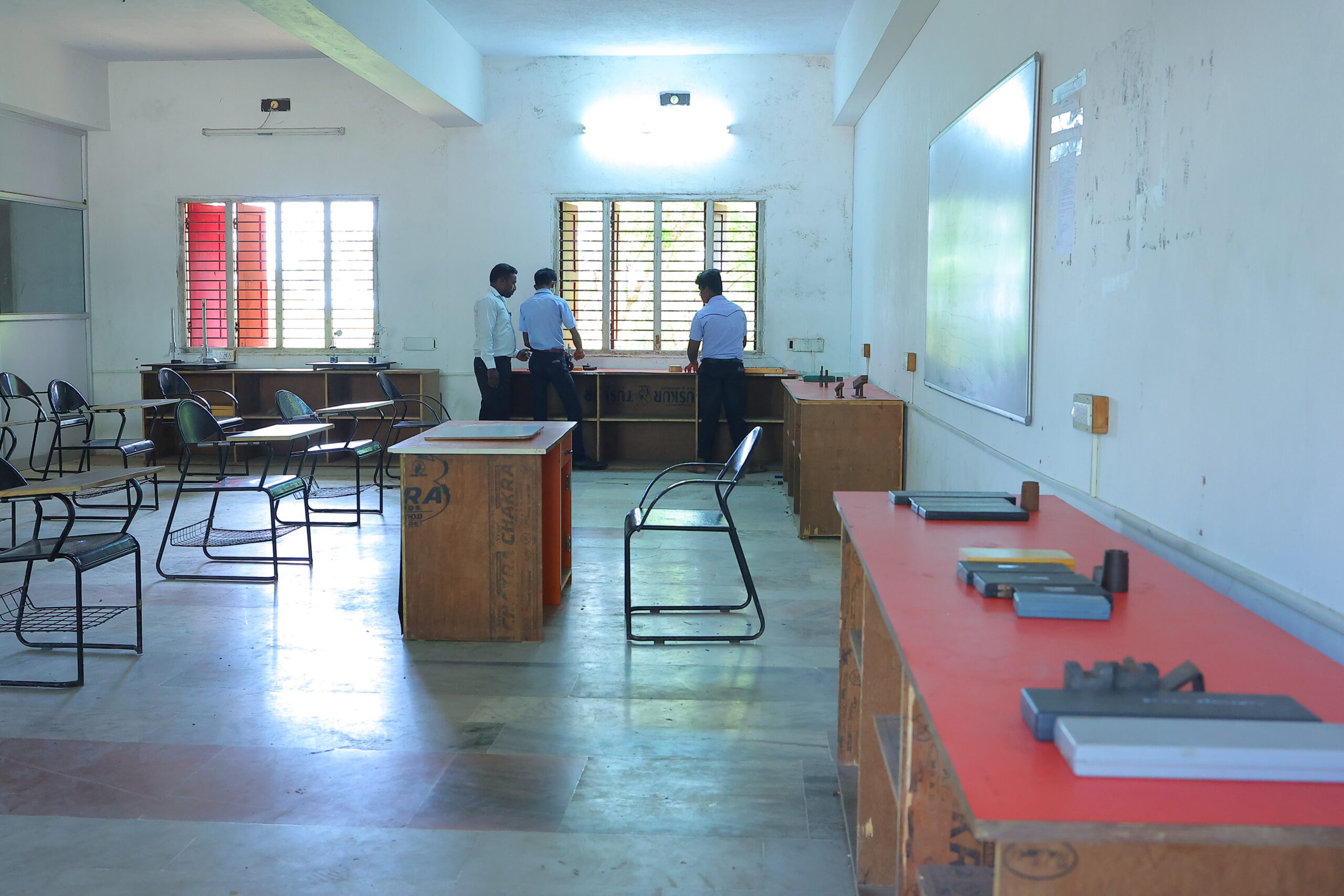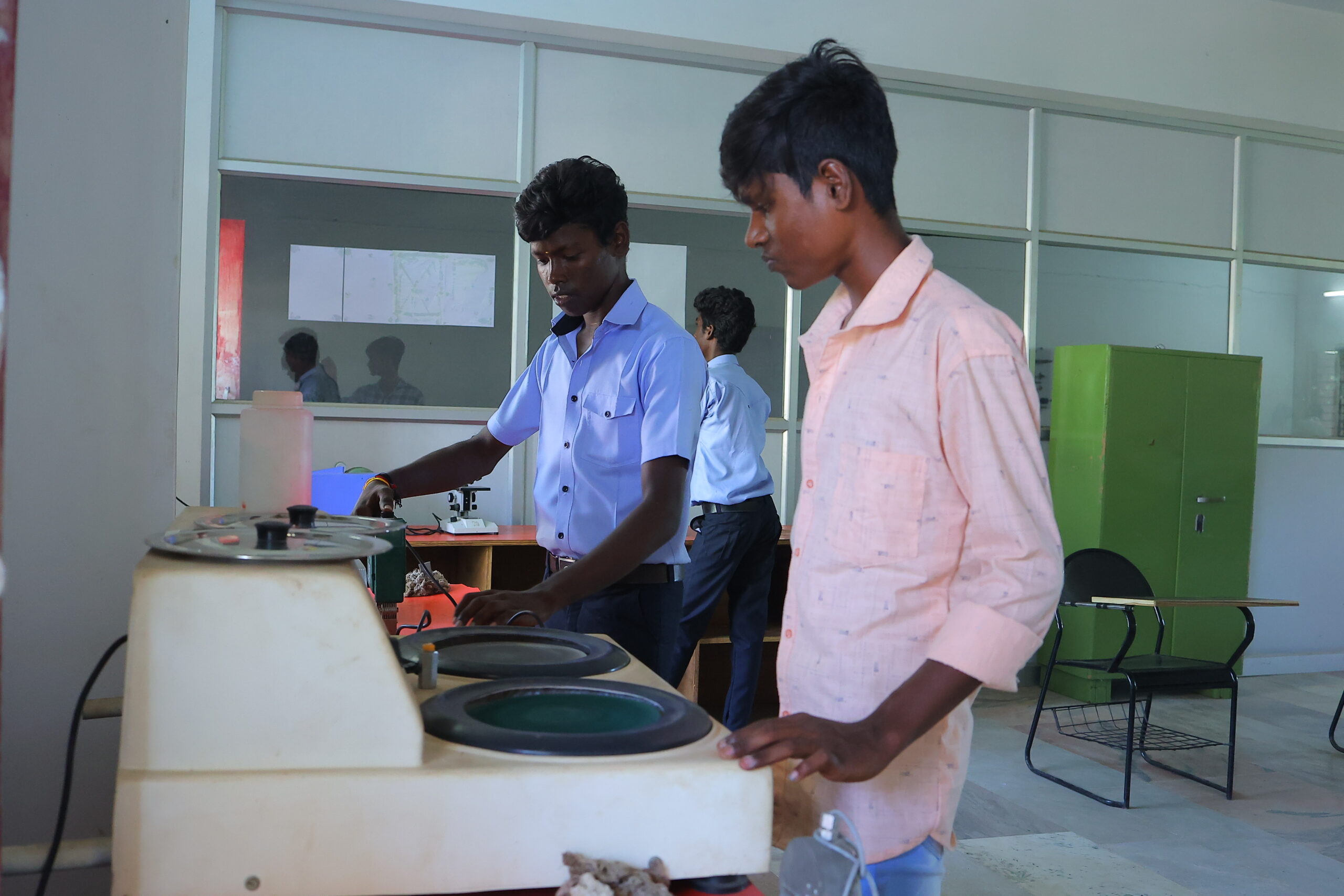Vision
To become a leader in developing mechanical engineers that are imaginative and creative in order to satisfy changing societal and industrial demands.
Mission
• To provide students with high-quality mechanical engineering education and to develop their abilities so they are ready for the workplace.
• To encourage original thinking in young, energetic minds by involving them in research and consulting.
• To impart the appropriate level of morality, ethical ideals, and lifelong learning to the general population in order to enable them to take meaningful actions.
Programme Educational Objectives
PEO1 - To teach principles of mathematics, physical science, mechanical engineering, and multidisciplinary courses in order to solve engineering problems.
PEO2 - To gain knowledge of the proper software for the analysis, design, and modeling of mechanical engineering systems.
PEO3 - To ensure close engagement with industry by planning industrial tours, workshops, and guest lectures by experts and industry professionals.
PEO4 - To prepare employees to work well in a variety of multidisciplinary situations by providing them with strong communication skills, knowledge of social ethics, and management concepts.
PEO5 - To actively pursue independent, lifelong learning to keep up with changing technological demands.
Programme Specific Outcomes
PSO1: The Graduate will be knowledgeable in the fields of equipment design and development using software programs such Auto CAD, ProE, and ANSYS.
PSO2: The Graduate will have understanding of the design and development of power plants, refrigeration and air conditioning, and other thermal engineering equipment, as well as the exploration of alternative energy sources and power generating techniques.
PSO3: The Graduate will have the ability to apply engineering knowledge to the use of advanced materials. To keep up with evolving technology, create cutting-edge metallic polymer composite materials and implement innovative manufacturing techniques.
Program Outcomes
Engineering knowledge: Apply your understanding of physics, math, engineering basics, and your chosen engineering specialty to the resolution of challenging engineering issues.
Problem analysis: Utilizing the fundamental concepts of mathematics, the natural sciences, and engineering sciences, one can identify, formulate, study research material, and analyze complicated engineering problems to obtain supported findings.
Design/development of solutions: Designing complicated engineering problems' solutions as well as system elements or processes that satisfy the required requirements while taking into account public health and safety, cultural, socioeconomic, and environmental factors is essential.
Conduct Investigations of Complex Problems: To come to reliable findings, use research-based knowledge and research techniques, such as experiment design, data analysis and interpretation, and information synthesis.
Modern Tool Usage: With an awareness of the constraints, develop, pick, and apply appropriate methods, resources, and contemporary engineering and IT technologies, such as prediction and modeling, to complicated engineering processes.
The engineer and society: Assess societal, health, safety, legal, and cultural issues and the resulting obligations pertinent to the professional practice of engineering by using reasoning informed by contextual knowledge.
Environment and sustainability: Demonstrate your knowledge of sustainable development and its importance by comprehending how professional engineering solutions affect society and the environment.
Ethics: Apply moral principles, commit to professional ethics, and uphold engineering practice obligations and standards.
Individual and team work: Effectively perform on your own, in varied teams, as a leader, and in multidisciplinary settings.
Communication: Effective presentations, clear instructions, the ability to understand and write effective reports and design documentation, and the ability to give and receive clear instructions are all examples of how to effectively communicate on complicated engineering operations with the engineering community and with society at large.
Project management and finance: Apply engineering and management principles to one's own work, as a team member and team leader, to manage projects, and in interdisciplinary settings. Demonstrate knowledge of and grasp of these principles.
Life-long learning: Understand the importance of, and be prepared for, autonomous, lifelong learning in the fullest sense of technological development.
About the Department
The Department of Mechanical Engineering from the day of its inception in the year 2009 has been taking long strides in the field of Science and Engineering. The Department has been started with an intake of 60 and subsequently was increased to 120 in the year 2011-12. The department of mechanical engineering's main goal is to give students a top-notch education that will prepare them for the problems of the future by giving them the skills to build, plan, administrate, and manage the newest technology in the area.
The course deals with areas of Fluid Mechanics, Thermodynamics, Thermal Engineering, Power Plant Engineering, Heat and Mass Transfer, Gas Dynamics and Jet Propulsion, Design of machine Elements, Computer Graphics and Drafting, Finite Element Analysis, Computer Aided Manufacturing, Manufacturing Technology, Design of Jigs, Fixtures and Press tools, Machine Tools, Automobile Engineering, Strength of Materials etc.
The Department offers top-notch infrastructure and the most cutting-edge lab facilities to the students. The department's teaching and technical staff members are highly qualified, devoted, and enthusiastic. One of our employees has earned a Ph.D. It is a discipline that finds wide scope in emerging area like CAD, CAM, Mechatronics and Renewable Energy. etc.,
The Department organizes number of Guest Lectures, seminars, conferences and Industrial visits every year. Students are encouraged to participate in various activities like paper presentation, technical quiz, software debugging, sports, NSS, YRCC, and cultural activities. The students of our department have good communication and Inter personal skills. Their thoughts and creativity has yielded them State level prizes.
Latest Events
Hands on Workshop
Students Intake
PROGRAMME | DESCRIPTION |
Under Graduate Course B.E. in Mechanical Engineering | 120 Seats |
Library Facilities
We have more than 300 books and CDs in our department in addition to the main library. In addition to textbooks, the library also has project documents and National and International magazines. The library keeps a collection of university question papers in its private question bank and lab instructions.
Laboratories
The department has the following well-equipped laboratories,
1. Engineering Practice Laboratory
2. Computer Aided Design (CAD) Laboratory
3. Fluid Mechanics and Machinery Laboratory
4. Manufacturing Technology Lab I and II
5. Strength of Materials Laboratory
6. Computer Aided Manufacturing (CAM) Laboratory
7. Thermal Engineering Laboratory I and II
8. Dynamics Laboratory
9. Metrology Laboratory
10. Mechatronics Laboratory
